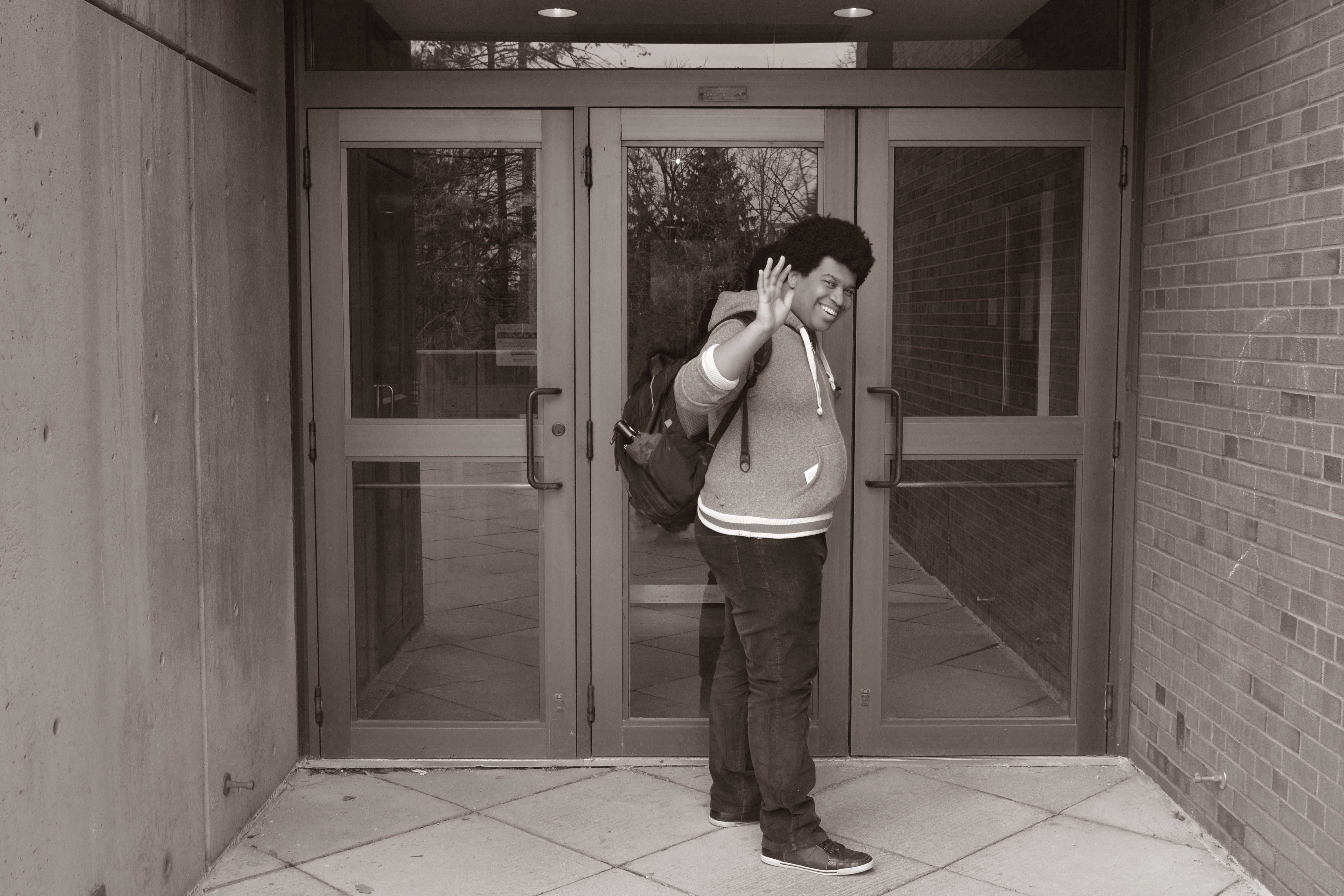The fourth event of the University of Waterloo’s “Green Entrepreneurship Workshop Series,” hosted in partnership with the Commission for Environmental Cooperation, was held on March 24. The focus of this event was “Championing Indigenous Youth Startups.”
The workshop was hosted by Heather Garrick, Green Innovation Program Developer at UW. Garrick has extensive experience in the field of sustainability. She was previously the Head of Sustainable Development at Satellite Applications Catapult, a network of UK technology and innovation companies, where she led various cutting-edge, satellite-enabled projects and initiatives related to conserving biodiversity and sustainable land use.
Jacob Crane, Indigenous Entrepreneurship Program Manager at St. Paul’s University College, was the first speaker of the event. Crane created a virtual support program for Indigenous Entrepreneurs at St. Paul’s, which he described as offering the order of operations on how to start up a program or business. According to Crane, entrepreneurship nowadays has a western-centric approach. The program he created aimed to decolonize this approach by including Indigenous perspectives by revisiting traditional Indigenous teachings and bringing them to the forefront of business.
Crane’s presentation emphasized the importance of Indigenous entrepreneurship and the Indigenous economy. He talked about how Indigenous entrepreneurship is very community-driven and culturally connected, which encourages innovative problem-solving. He also noted that Indigenous entrepreneurship focuses on developing kinship — a sharing of characteristics — and that Indigenous entrepreneurship tends to leave a positive impact on our environment and society as a whole.
The second speaker of the event was Ryan Planche, a PhD student and researcher at Wilfrid Laurier University. Planche explained Indigenous grounded economies and how they are diverse knowledge systems that use a decolonial approach to think about entrepreneurship. He then spoke about the transition to territorial knowledge economies.
Additionally, Planche discussed opportunities for Indigenous youth within these knowledge economies. He gave an example of Nipatur̂uq, a magazine for Inuvialuit youth that provides a platform for the youth to have their opinions heard and connect with their culture. He also highlighted Inspire NWT, a support program for young Indigenous entrepreneurs. He emphasized how this is all a part of the transition to a knowledge-based economy.
In terms of entrepreneurship opportunities specifically, Planche spoke about how Indigenous youth can get involved in entrepreneurship through youth leadership initiatives, research partnerships, skills training and community-based learning.
The third speaker of the event was Dalí Nolasco Cruz, Coordinator of the Terra Madre Indigenous Network. Cruz spoke about her experience with the Network and also at Mopampa, a network of social and solidarity economy companies owned by Indigenous women.
To begin, Cruz presented a video about Mopampa, which detailed the struggles faced by the community of chile serrano producers when founding Mopampa. In the video, Cruz mentioned that men were usually the ones to do business, but now, they’re working for a change where women are also able to participate.
Cruz talked about how women are facing discrimination simply due to their gender. She mentioned that women are often deemed poor because they don’t own any land and that, throughout the whole world, only one per cent of land belongs to women. Mopampa was created to visualize this problem and ensure women could finally have a right to the land that they have been denied. Mopampa gave Cruz opportunities she would have otherwise never even thought of, such as visiting another country and sending their goods across the world to consumers. She said that her team is very proud of what they have accomplished and they feel like somebody actually recognizes and appreciates their work.
Additionally, Cruz spoke about how her mother has been through a lot and how her mother now views her work as a path to improve the lives of other women and prevent them from living through the same violence that she experienced. She spoke about the dream of Mopampa, which is to sell a lot of salsa, and make a profit so that the future generations of women in their families can continue the business.
To conclude her presentation, Cruz talked about how Mopampa isn’t there to only generate wealth. They also want to protect the whole system through their Indigenous roots. They want to protect biodiversity, local economies and women’s rights and freedoms.
































